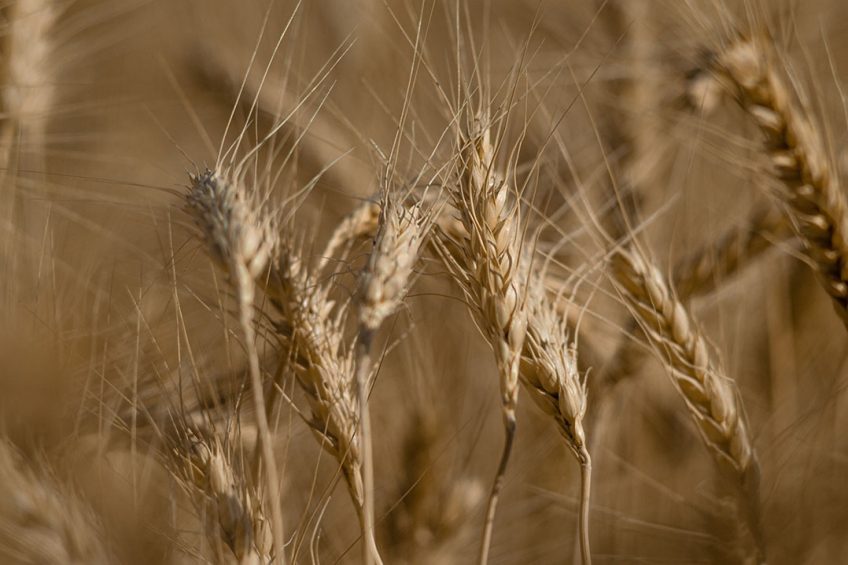Fermented wheat bran enhances broiler performance

A study in Taiwan concluded that the supplementation of fermented wheat bran in broiler chickens can potentially enhance growth performance by improving intestinal microflora and inflammation status.
Wheat bran is an agricultural by-product produced by wheat processing. More than 6.5 million tonnes of wheat are produced globally per year. Wheat bran’s high lignocellulosic content (44%) and low nutrition value (approx. 1,300 kcal/kg) makes it unsuitable for monogastric animals. Furthermore, non-starch polysaccharides contained in wheat bran tend to act as antinutritional compounds that could inhibit digestibility, causing pathogen proliferation in the gastrointestinal tract and inducing gut inflammation.
The solid-state fermentation process uses low-cost agricultural and agro-processing waste as substrates by applying NSP-degrading microorganisms to improve the utility of those by-products. Compared with the submerged fermentation, solid-state fermentation is more efficient and cost-effective in producing bioactive compounds.
Effects of sweeteners on broiler performance
The effects of 3 sweeteners on growth performance, serum biochemicals, and jejunal physiological functions of broiler chickens was investigated in a study that took place at Nanjing Agricultural University in China.
The study of fermented wheat bran supplementation in broilers
A total of 400 male Ross 308 broilers were assigned to 5 groups. The control group was fed a corn-soybean diet. The other 4 groups were fed the control diet with 5% wheat bran, 10% wheat bran, 5% fermented wheat bran, and 10% fermented wheat bran, respectively. The results showed that the broilers that were fed a 5% fermented wheat bran diet had significantly higher body weight from day 22 to day 35. Better feed conversion ratio (P < 0.05) of birds fed fermented wheat bran was observed in both the finisher phase and the overall experimental period. The birds in these groups also had significantly lower coliform counts in the ileum.
The details of this study were published on Science Direct.









